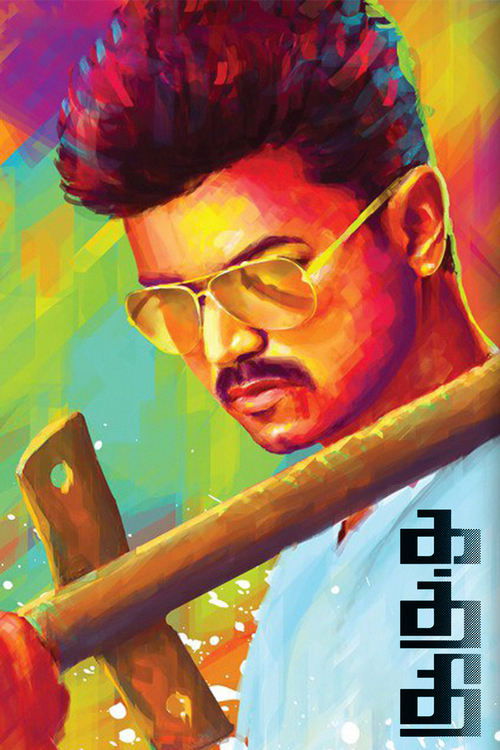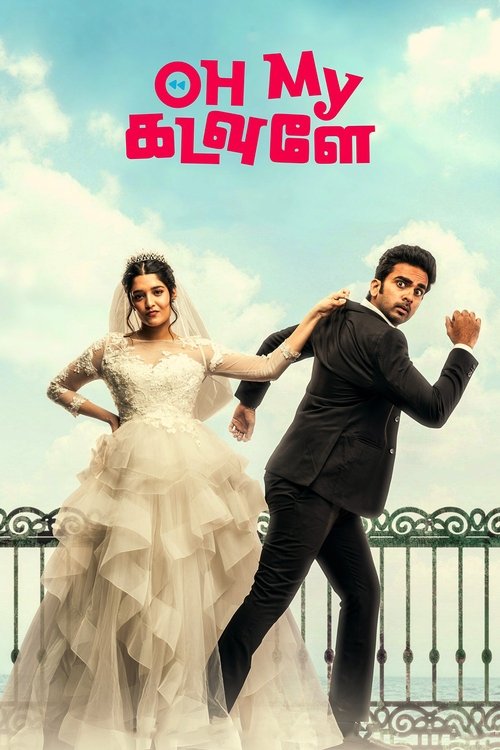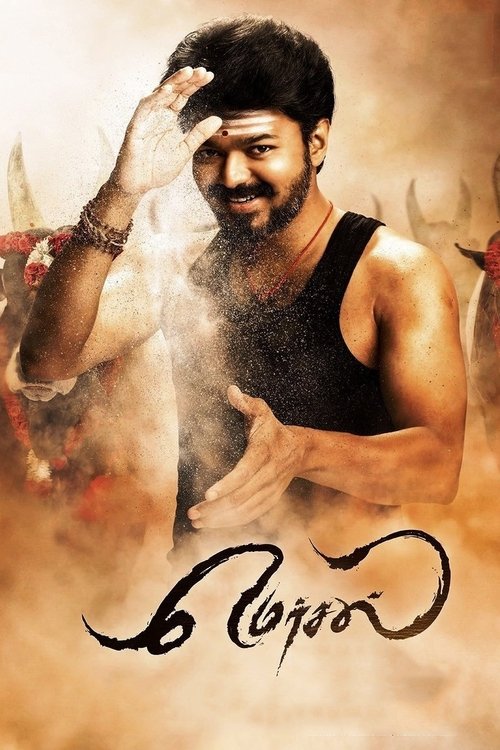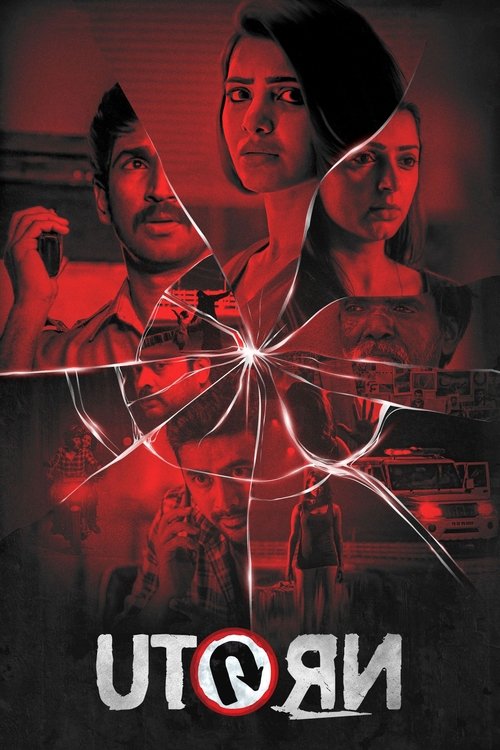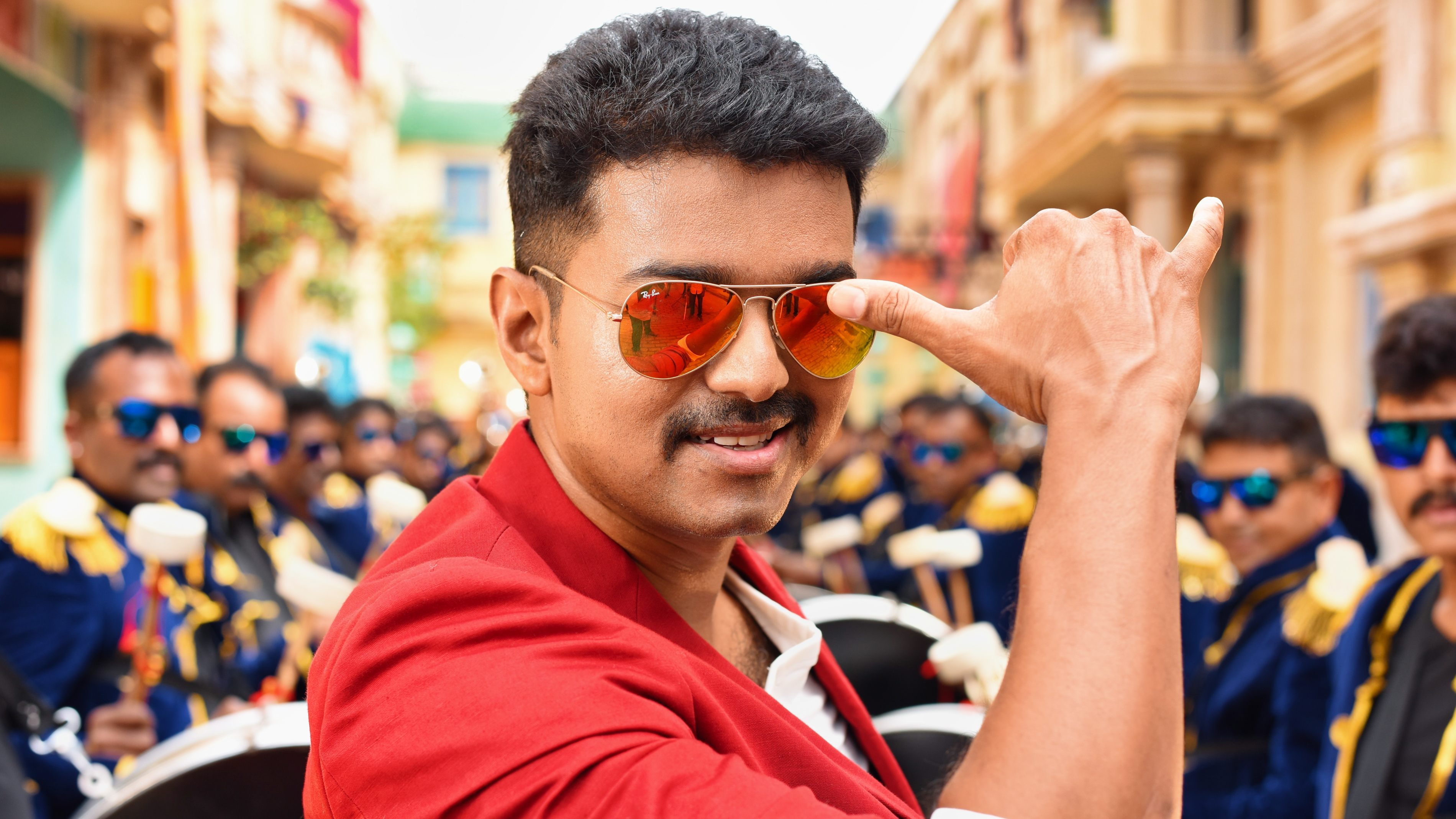
2016
Theri
Action, Crime, Thriller
7.0
User Score
101 Votes
Status
Released
Language
ta
Budget
$0
Production
V Creations, Vijaya Films
Overview
When an honest cop, Vijay Kumar's family is ruthlessly slaughtered by a politician and his aides, he decides to change his identity and commits his life to bring his daughter up in a serene atmosphere. But some freak events end up compromising his identity and what he does to save his daughter and avenge the death of his family unfurls as Theri.
Review
timesofindia
6.0
With the right material, Vijay can elevate even an ordinary scene with his amazing screen presence. And he can effortlessly play to the gallery. It is these aspects that Atlee repeatedly calls upon from the actor in Theri, a cop story that is entertaining despite being predictable. And the actor, too, responds in style — he appears in different looks, bashes up the goons, swoons over the heroine, plays along with kids, lectures on raising a child, using a helmet and quitting smoking, and even gamely turns into a dwarf for a brief moment!
As he did with Raja Rani, Atlee borrows tropes from earlier films (the elderly villain from Chatriyan, the metal rod being used as a murder weapon from Ghajini, the gigantic henchman who has to be vanquished before the hero can lay his hands on the villain from various masala movies of the 80s and 90s, the mother as the best friend from the post 2000 movies, the cop who quits the force for his offspring from Yennai Arindhaal) and with help from his cinematographer George C Williams, presents them in a riot of colours that almost makes us believe that we are seeing something new. But this is a formulaic film and can be best described only with another cliche — old wine in a fancy, extra-large bottle.
The film begins with scenes between Joseph Kuruvilla (Vijay) and his little daughter Nivi (Nainika), who behaves in the way most movie kids behave — talk like an adult, behave like a brat and still have us go 'Oh so cute!' Her teacher Annie (Amy Jackson, as a Malayali, no less!) becomes close to the two, but following an incident, realises that Joseph is hiding something. And like her, we, too, are told of his past, when he was the intrepid deputy commissioner Vijay Kumar. By investigating a rape and murder case, Vijay earns the enmity of minister Vanamamalai (Mahendran, making a solid debut). And the minister kills Vijay's mother (a jovial Radikaa) and wife, Mithra (Samantha), and leaves the cop for dead. And when Joseph realises that Vanamamalai knows his secret identity, he decides to end their enmity once and for all.
Unlike Chimbu Deven, who got carried away with making his star a darling of the kids in Puli and ignored the actor's core fan base (the youth), Atlee comes up with moments that satisfy all segments of the audience — the scenes between Joseph and Nivi for the kids, the portions involving Vijay's mother and Mithra for the family crowd and most importantly, the episodes between Vijay and the various bad guys for the cheering youngsters. And he uses these moments cleverly. So, every time the film seems to be sinking into banality, a whistle-worthy moment or a comic line or a sentimental scene comes along and saves it.
But Atlee takes too long to narrate this familiar story. We get two fights to establish the machismo and goodhearted nature of the hero and two songs to liven up his romance when one could have done these jobs. Like his guru Shankar, he also crams in too many societal issues — rape, rowdyism, child beggars — to manipulate his audience and earn their sympathies. The major fault, however, is that he turns the villain into a sitting duck after building him up for most parts of the film. This is why the final portions lack the punch they deserve.
Read More 
Rangan
6.0
**Somewhat it was everything. Inspiring, emotional, fun, though not for everyone!**
If Vijay Sethupathy is what makes me to watch the Kollywood films, then Joseph Vijay stands on the other side. No offense to his fans, I was watching his films opening day, opening show (not first show), but I got tired of his same old tricks in his every new film. Anyway, this film is not any good for the international audience, but it's a different scenario for people in domestic market. This is a very good masala film. A fine mix of action, comedy, romance, sentiments and of course musical beats.
I think it had potential if it was made like a normal film to the international standards, but you can't expect something like that particularly in Vijay's film. The film story had a good intention like delivering a series of messages to the society, but the execution was completely fake with too much shouting and loud noise. Irrelevant to the reality and there's no politeness while revealing what it wanted to tell the viewers. Like fighting crime and criminals are good, but it was shown in a bad way, such as public disturbances, including damaging roadside stalls and vehicles who are mostly poor people. This is why littering is a very serious concern in India. Films like this should stop promoting that.
I liked the part of the story that depicted the Delhi rape incident, but I totally got annoyed when it was overshadowed by heroism. The majority of the comedies were in Tamil slang and was targeted for those with the knowledge of its films. The English subtitle translation was not very good at all. Even the overall film plot was drafted with the same old formula which is an honest cop versus a corrupt politician and involving a revenge act with a flashback.
Like always, I hated the music videos. The story takes place on one side and it was frequently interrupted by unsynchronised video albums. It was completely out of proportion. If you skip them, the film is actually 3 minutes short which is a good thing. The casting was good, particularly the film will be remembered for Nainika's big screen debut as a child artist, as well as Vijay's own daughter at the end. So many people are eager for a sequel where he can work with his own daughter.
If you are an Indian, then it would be a good watch. If you are from the south, you might love it. But for the international viewers, I must warn that if you know the actor and the director very well, then you would know what to expect, other than than choose it carefully. Only in India this thing happens, that it is rated U which is equivalent to PG, but it is actually an NC17 for violence.
_6/10_
Read More 